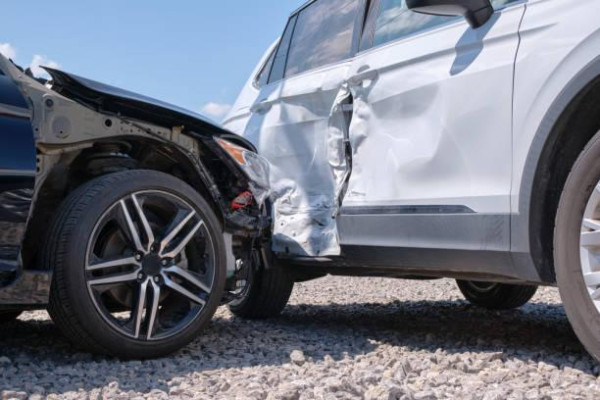In a car accident, liability refers to the legal responsibility for damages such as medical bills, lost wages, and property repair costs. Most people assume that the driver at fault is ultimately going to be the responsible party, but this is not necessarily so. Accountability could fall on numerous people, organizations, or companies.
Knowing who may bear responsibility helps the injury victim in determining where to pursue compensation and helps make sure that all of the potential sources of recovery are explored.
In cities such as Peachtree Corners, Georgia, for example, residents in an accident may look for legal help from the local area to understand what to do. It is the largest city in Gwinnett County. So, hiring the best Peachtree Corners car accident lawyer can make sure that they uncover all possible areas of fault, including culpability for the owner.
This is the best way for victims to have an opportunity to obtain a settlement that will cover all of their injury and damage costs. In some situations, identifying all responsible parties can make a significant difference in the outcome of a claim.
Vehicle Owner
If the person driving the car at the time of the accident is not the owner, the vehicle owner may still be liable. This may occur when an owner knowingly allows a person who is unfit, incapable, or unlicensed to drive their car. In legal terms, this is known as negligent entrustment in a legal context.
Employers
When a driver has an accident while doing work deliveries or making other job-related moves, the employer may also take full responsibility for causing the crash. This is what the law calls vicarious liability.
An employer may, for example, be responsible if a delivery driver causes an accident. An employer may also be directly responsible if that employer failed to train or enforce safe scheduling in a way that contributed to the crash.
Vehicle Manufacturers
A manufacturer may be liable if there was a design or manufacturing defect in the vehicle that played a role in the accident. This could include brakes, steering systems, airbags, or other serious defects. These fall under product liability law. Likewise, establishing manufacturer liability typically requires expert testimony, recall history, or other evidence of similar incidents in other vehicles of that make and model.
Government Entities
It is the duty of the government to ensure the construction and maintenance of roads. If poor road maintenance, such as potholes, missing signs, or malfunctioning traffic lights, causes an accident, the responsible agency may be liable.
Some examples of situations which could result in liability for the government include:
- Large, deep potholes
- Non-functioning or non-functioning traffic signals
- No lane markings
- Not enough signage for a sharp curve or intersection
- Construction sites without directions
Claims against a public entity can require much shorter timelines for filing and have special filing procedures, so you are wise to take legal action quickly.
Mechanics or Repair Shops
The mechanic or repair shop may be responsible if the cause of an accident is due to repairs that were performed poorly. This is known as requesting proof of liability, and to be found liable, the repair work performed must be demonstrated to have been directly connected to the accident.
Conclusion
- Driver error is not the only possible cause of liability in a car accident.
- Depending on the circumstances, vehicle owners, employers, manufacturers, government agencies, and repair shops may all share responsibility.
- Hence, identifying every potentially liable party improves the chances of full compensation and ensures accountability.




